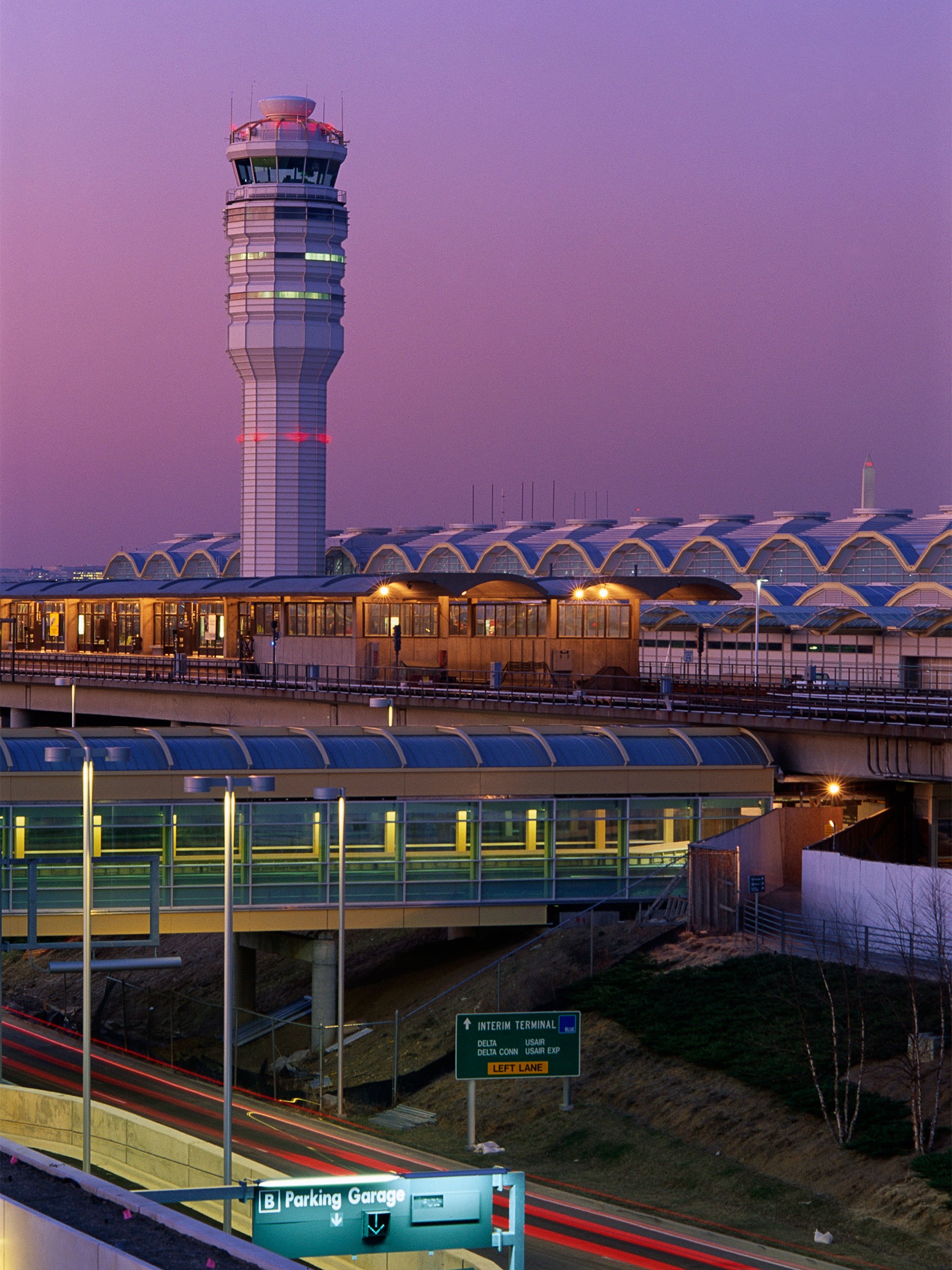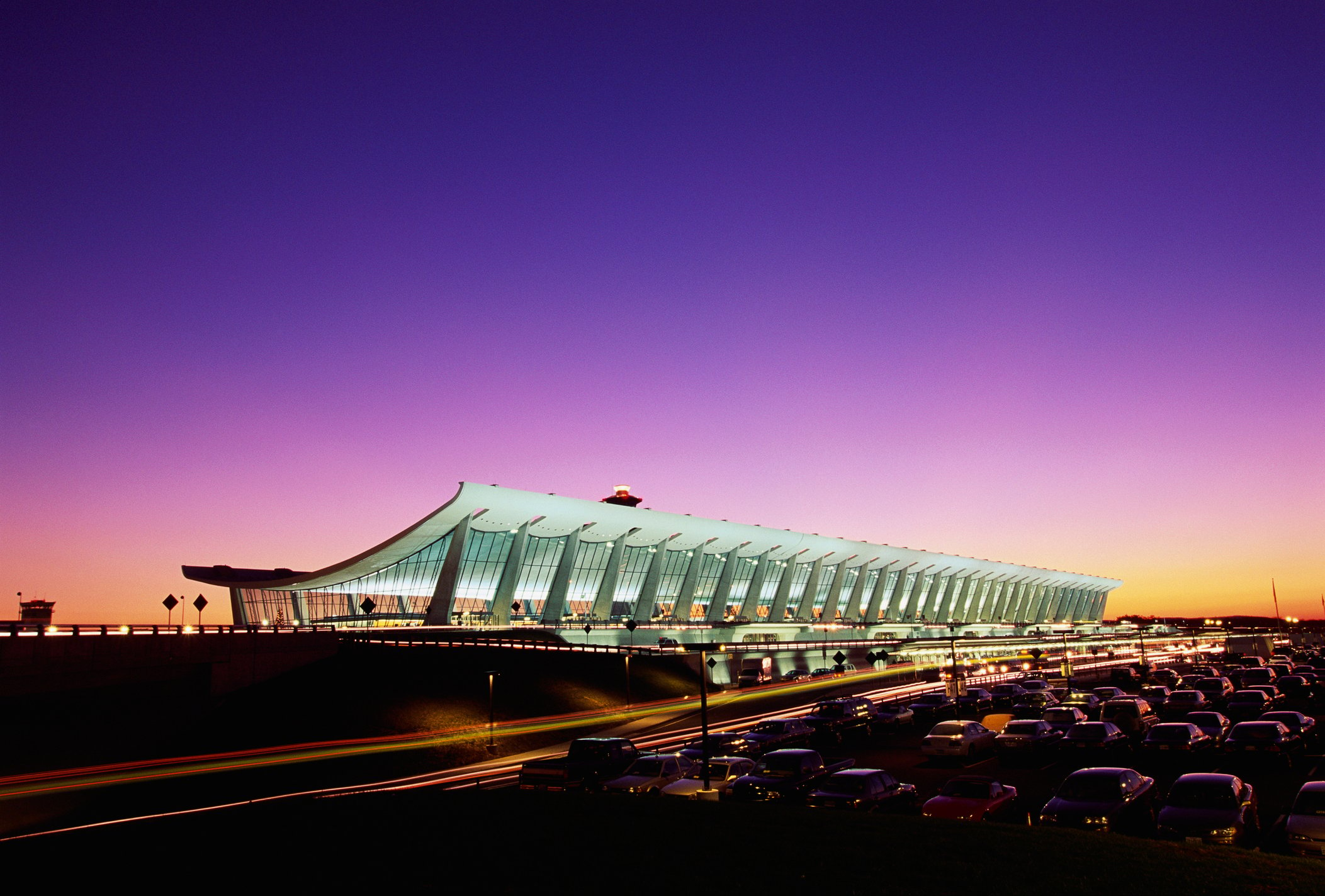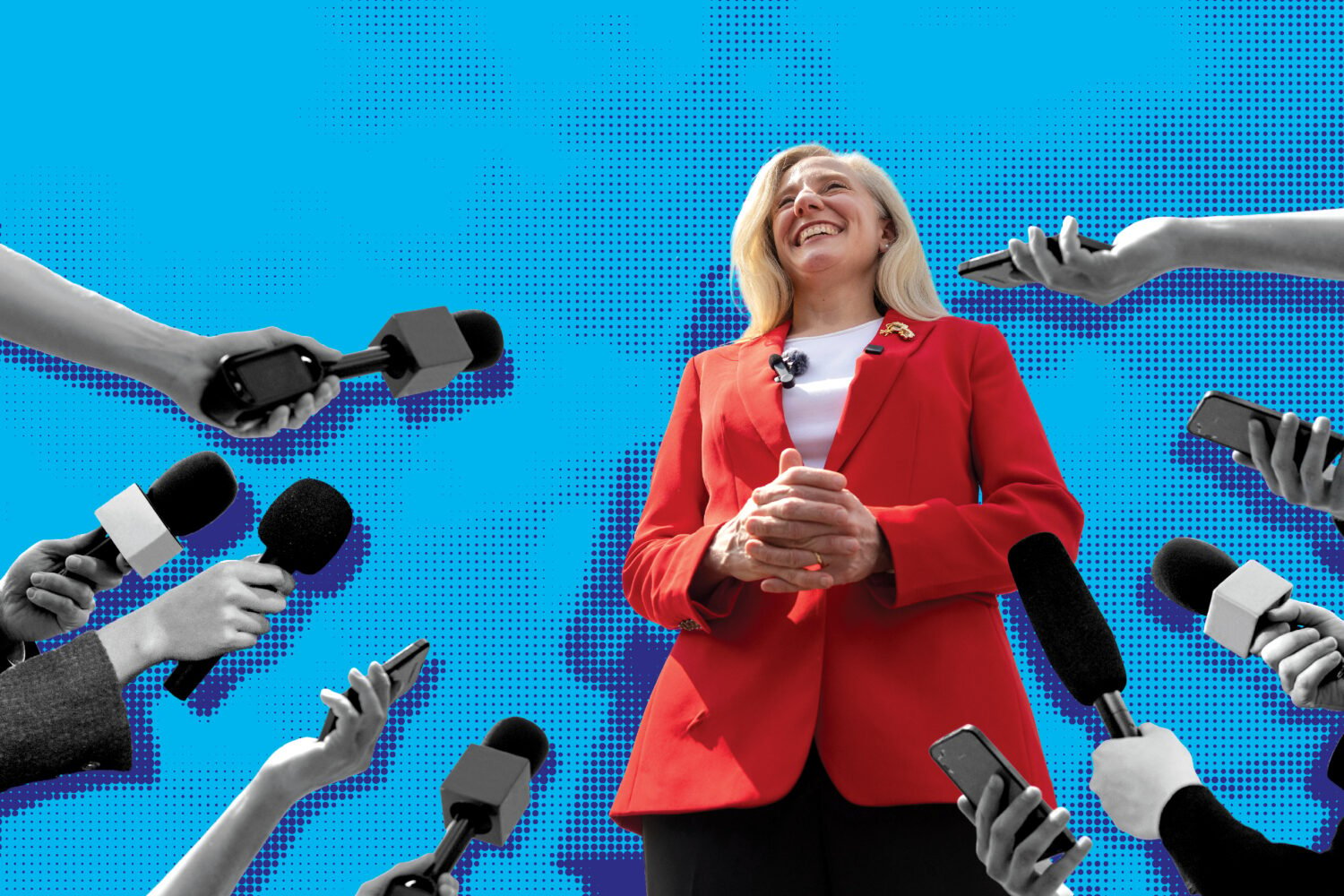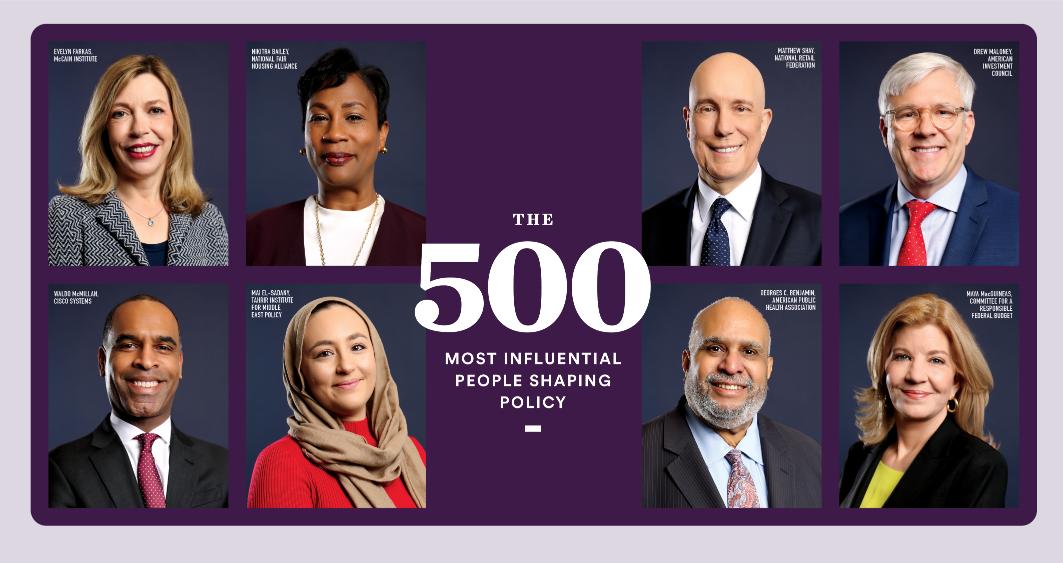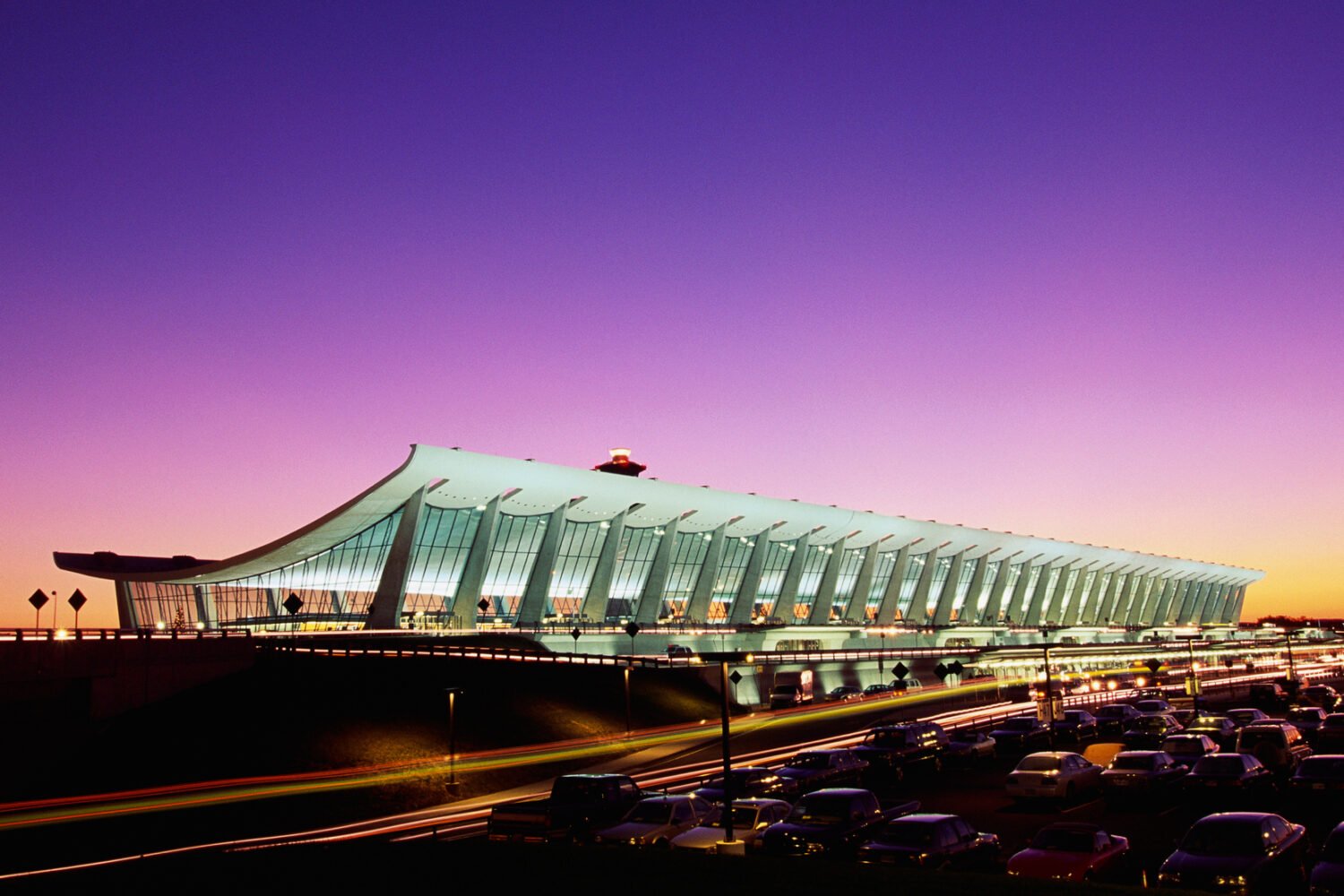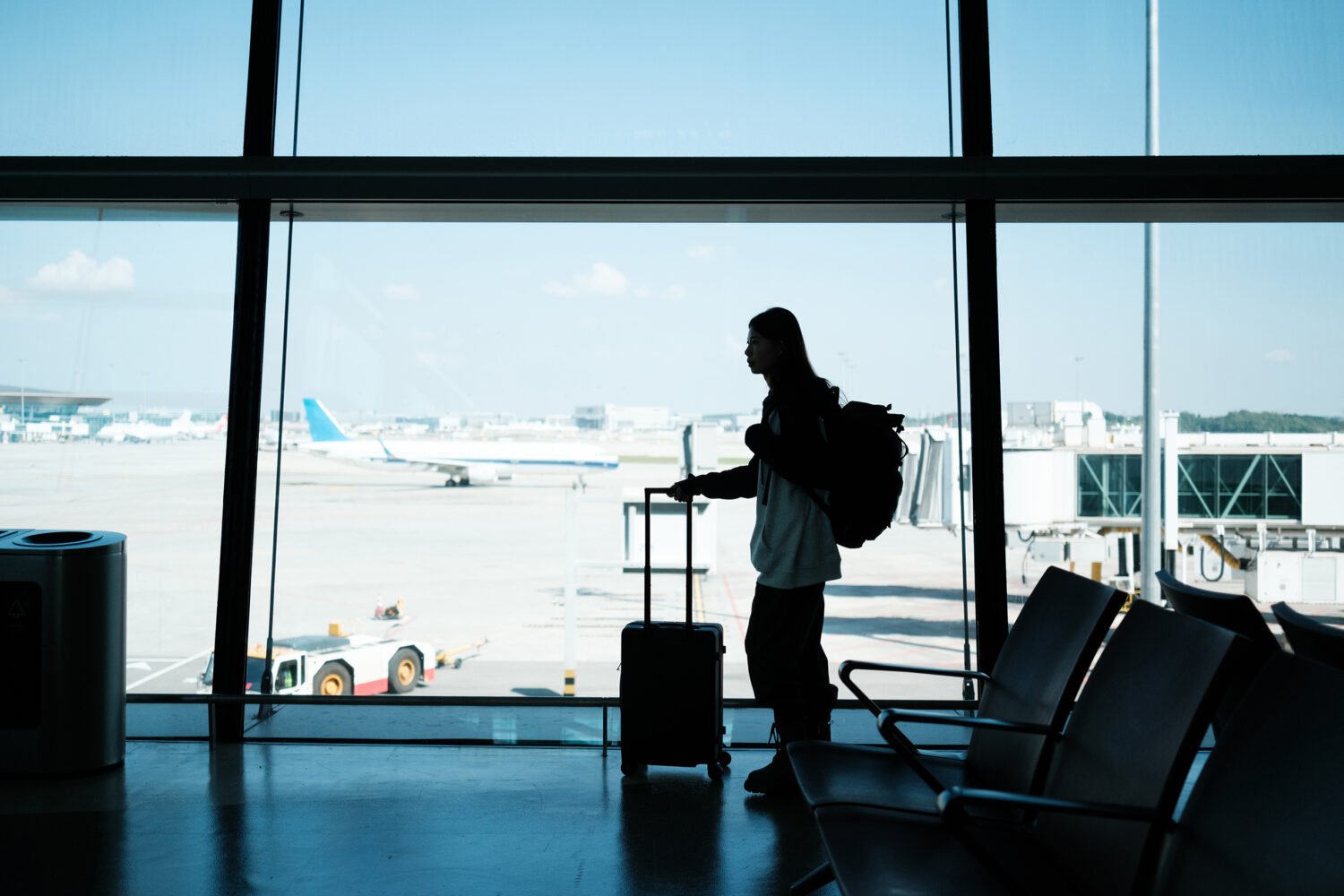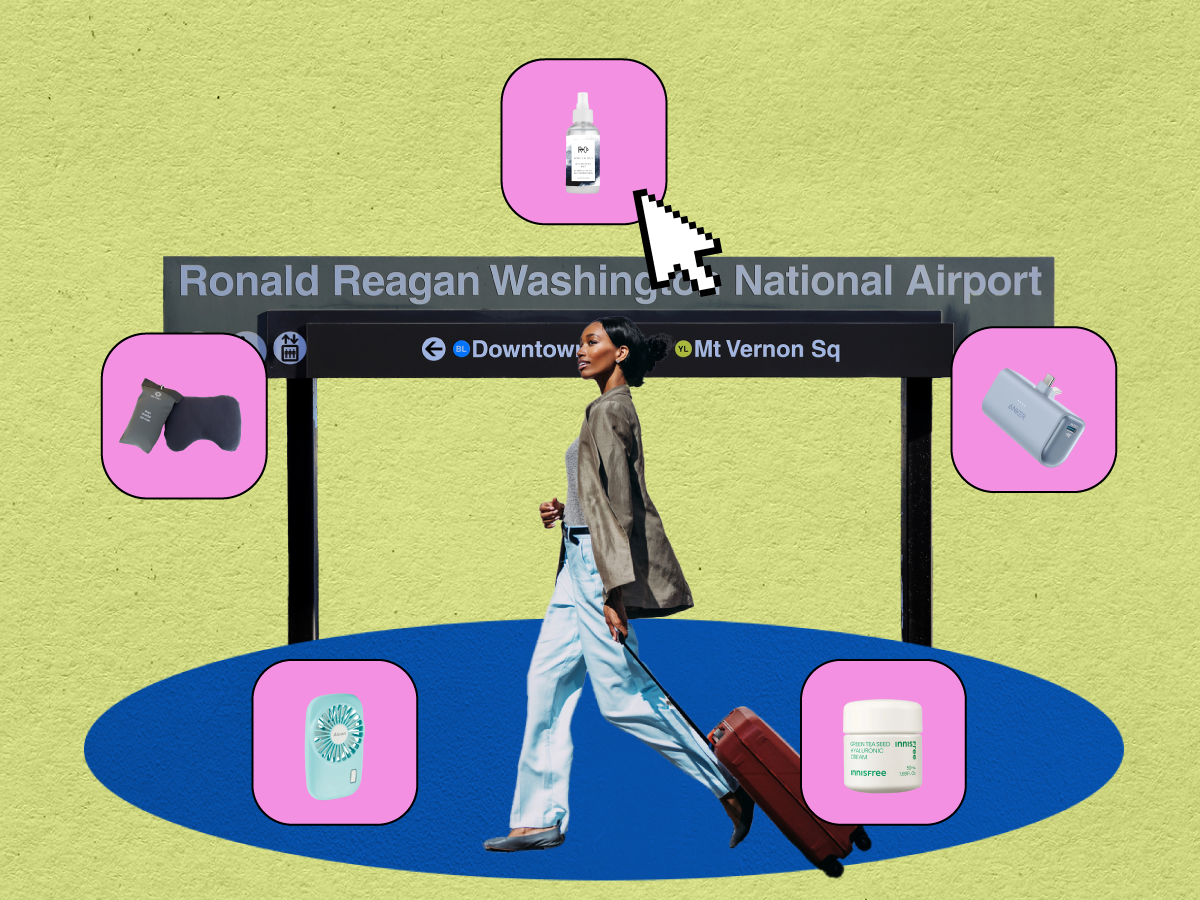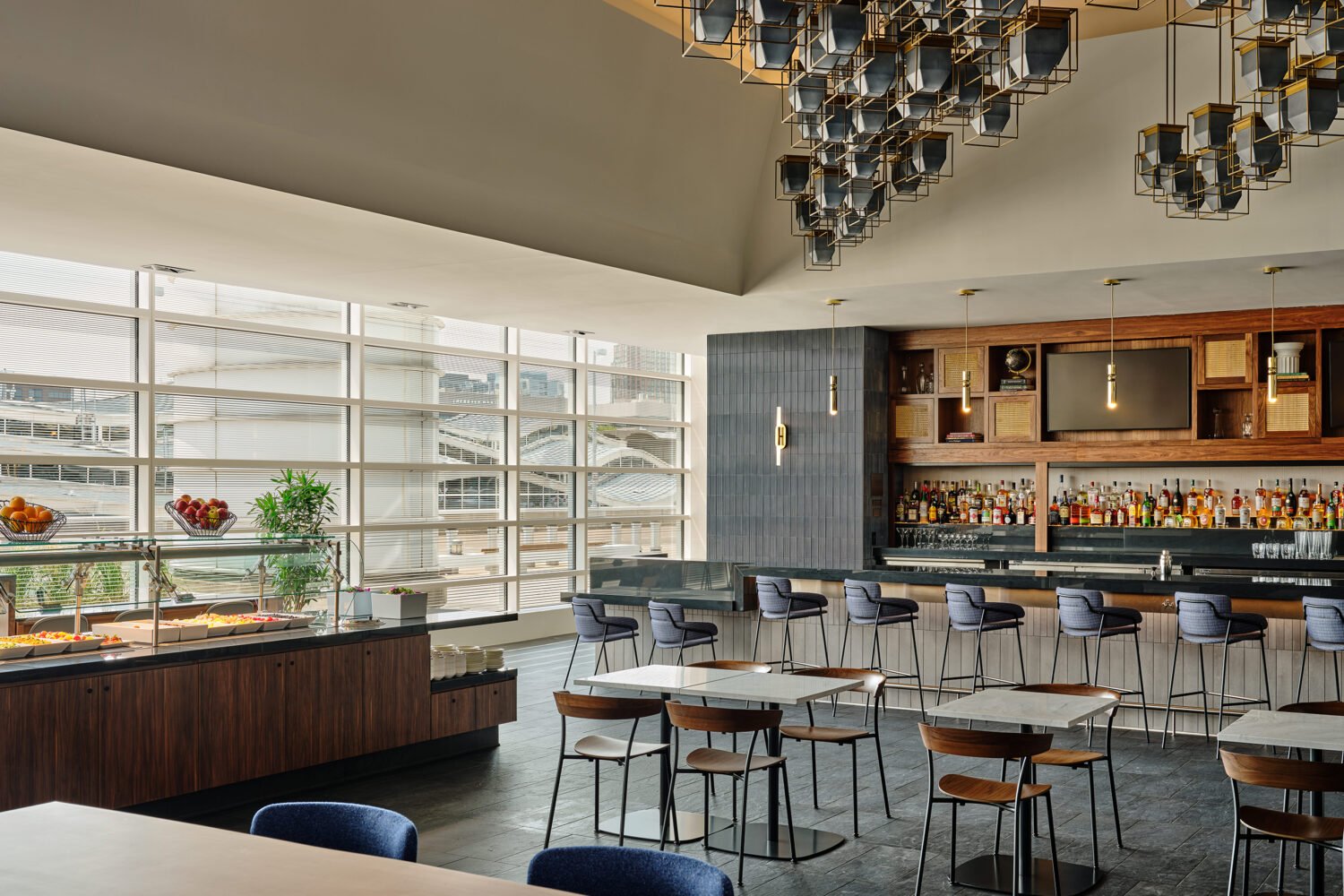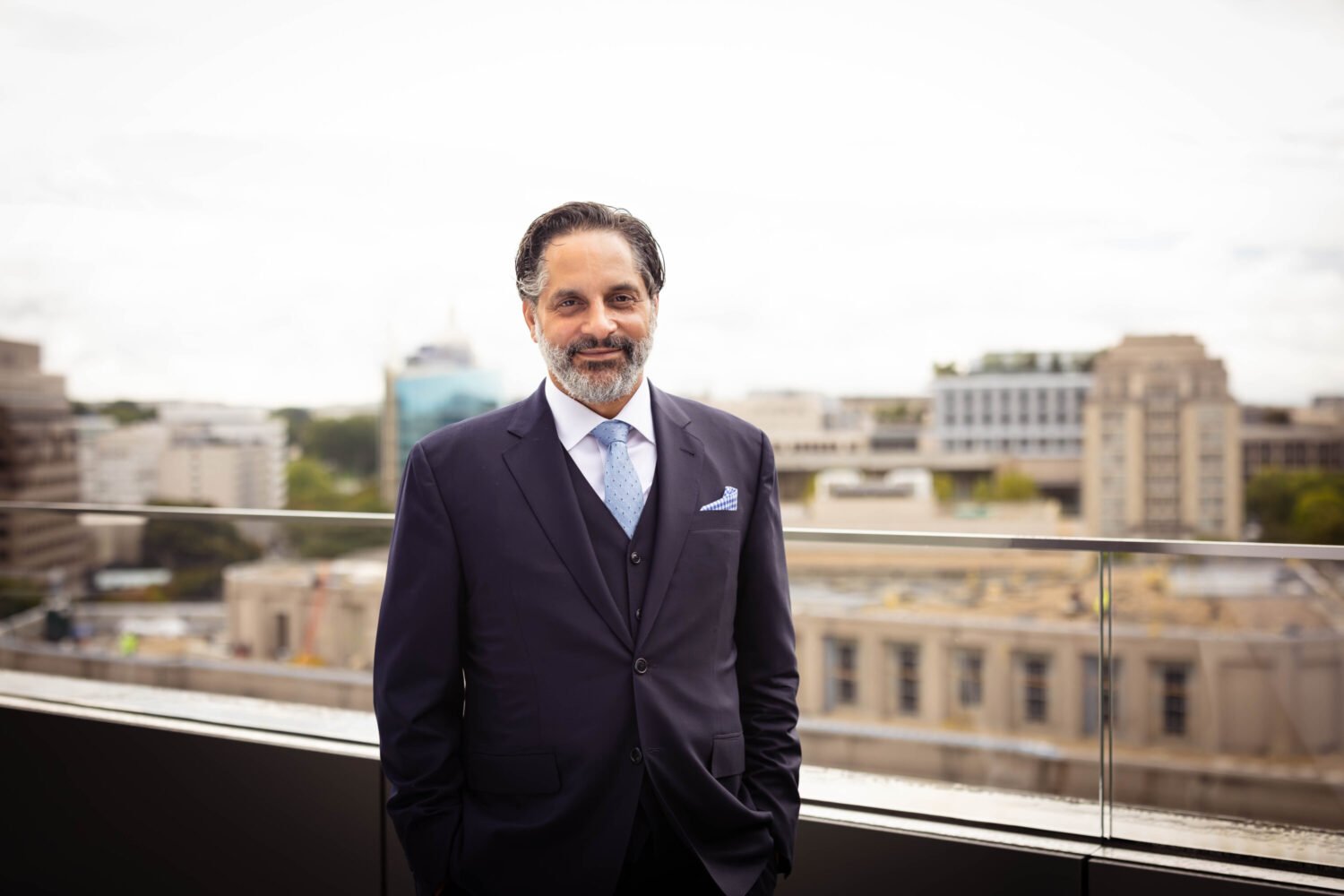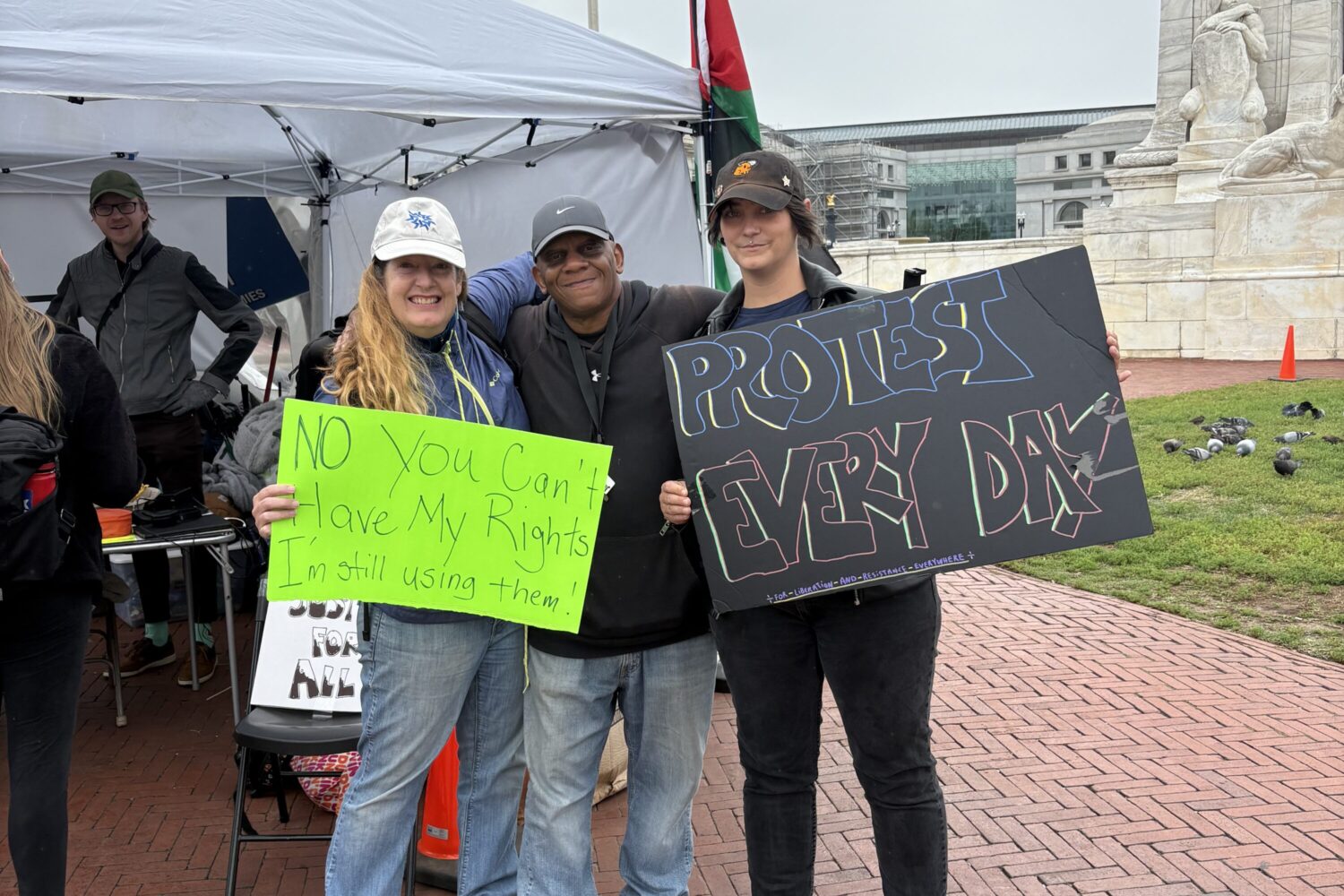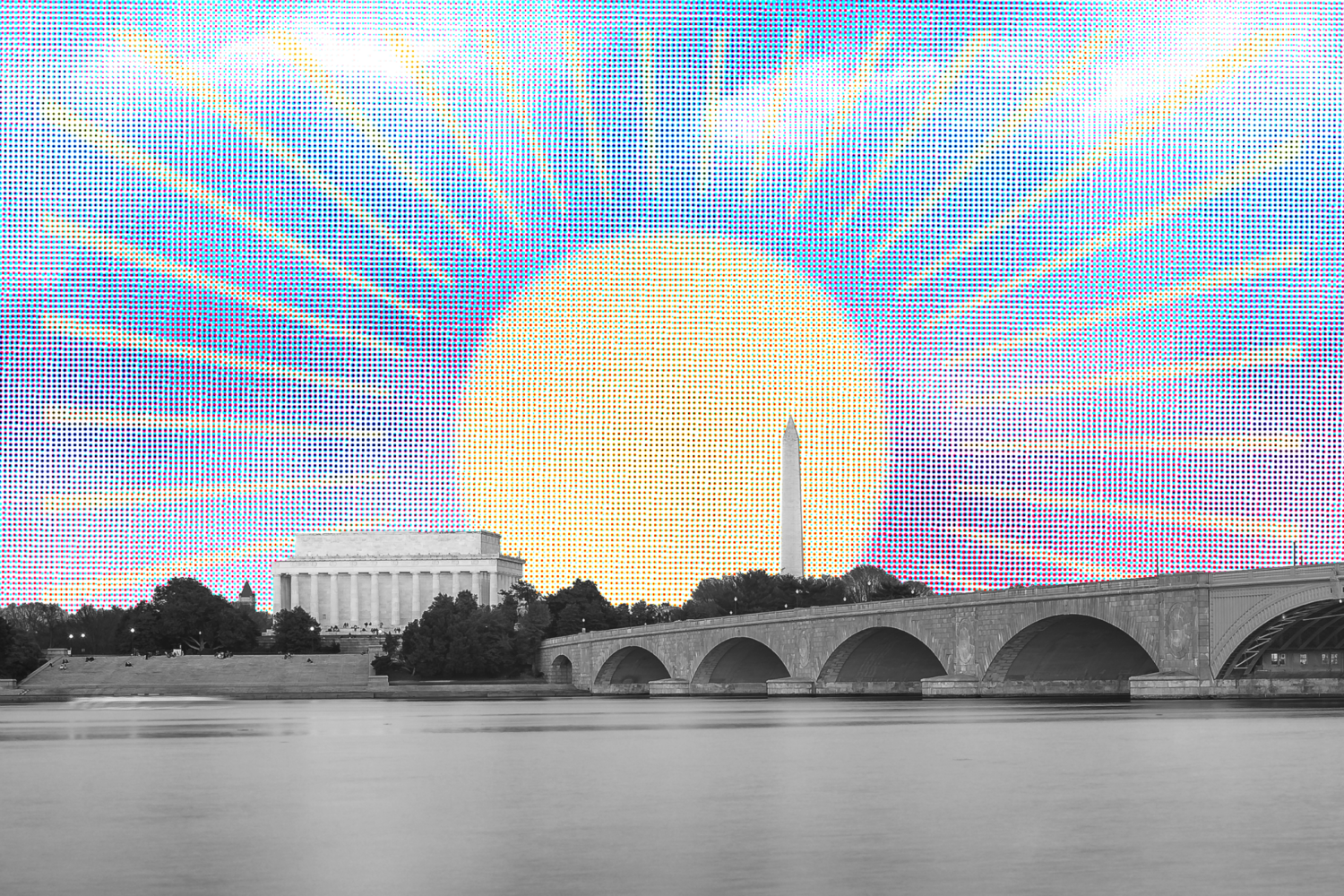About Guide to DMV Airports
Great lounges, hacks to make travel easier, where to eat before a flight, and more.
When CBS News correspondent Christina Ruffini boarded a flight to the Munich Security Conference in February, it was barely two weeks after the deadly January 29 collision between an American Airlines flight and a Black Hawk helicopter above Reagan National. Standing at the DCA gate with her fellow fliers—many of whom were veterans of Washington media—the mood was tense, punctuated by nervous, halfhearted jokes about the potential dangers of flying in the rain.
“These are people who fly all the time, but it’s the first time I can remember, in years, people acknowledging any kind of risk,” Ruffini says. “I’m a foreign-affairs journalist, and I’ve been to more than 40 countries. The fact that I thought about safety when I got onto airplanes in the weeks following that crash was pretty significant.”
Ruffini and her cohort aren’t the only passengers experiencing emotional turbulence related to DCA. Following the midair collision over the Potomac River that claimed 67 lives, fliers shared with Washingtonian that they’re experiencing heightened flight anxiety—especially when it comes to traveling through Reagan National. The Metropolitan Washington Airports Authority, the operating body for DCA, declined to comment for this story.
Like Ruffini, other frequent fliers are feeling a new sense of dread. Rob, a foreign-affairs employee who declined to give his last name, has plenty of experience with dangerous flights: As an Air Force veteran, he’s flown through combat zones, taking off and landing in Afghanistan. Still, the DC crash was enough for him to consider alternate options such as BWI or Dulles. “Since the accident, I’ve got to be really pressed to use DCA at this point,” he says.
For fliers who already experienced aerophobia, the accident only upped their nerves. Take Anna, a medical professional who declined to share her last name. As soon as she heard the news about the collision, she knew it would trigger a fresh layer of anxiety to her existing fears. “I spent the rest of the day just crying—not just for the people on the plane, but knowing that I was going to be getting on a plane in 12 days and that my anxiety was going to be so bad,” she says. When Anna’s partner asked if she’d prefer him to pick her up in a car, she seriously contemplated it—despite the fact it would be a nine-hour drive to get her.
The spike in flight-related anxiety is making its way into therapists’ offices. Licensed social worker Lindsay Goldfarb reports that many clients at her Penn Quarter practice are talking about flight anxiety following the January tragedy. “We’re seeing that a lot of fears are definitely exacerbated—or even brand-new, if [the people] weren’t previously anxious,” she says. Goldfarb believes that news and discourse surrounding the event has also contributed to unease: “Every single plane incident of any kind is now national news, which gives the impression that the instances of plane crashes are increasing.”
Yet even with shaky nerves, passengers aren’t staying grounded—just ask Ruffini, the CBS correspondent. “I’m not going to change the way I live my life or the opportunities I’m granted to go see other places,” she says. “But it is something that I’m thinking about more than I ever used to.”
This article appears in the July 2025 issue of Washingtonian.

